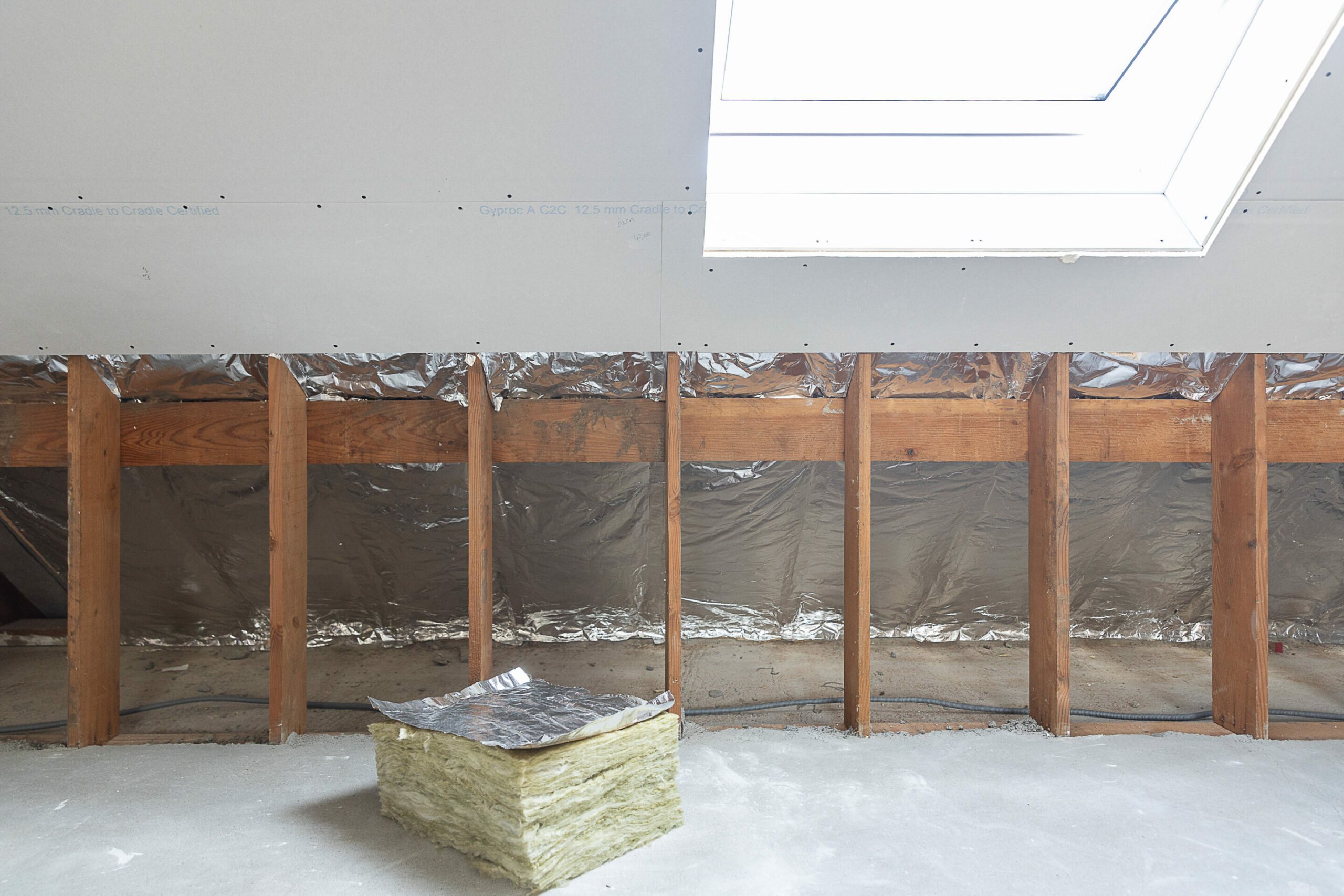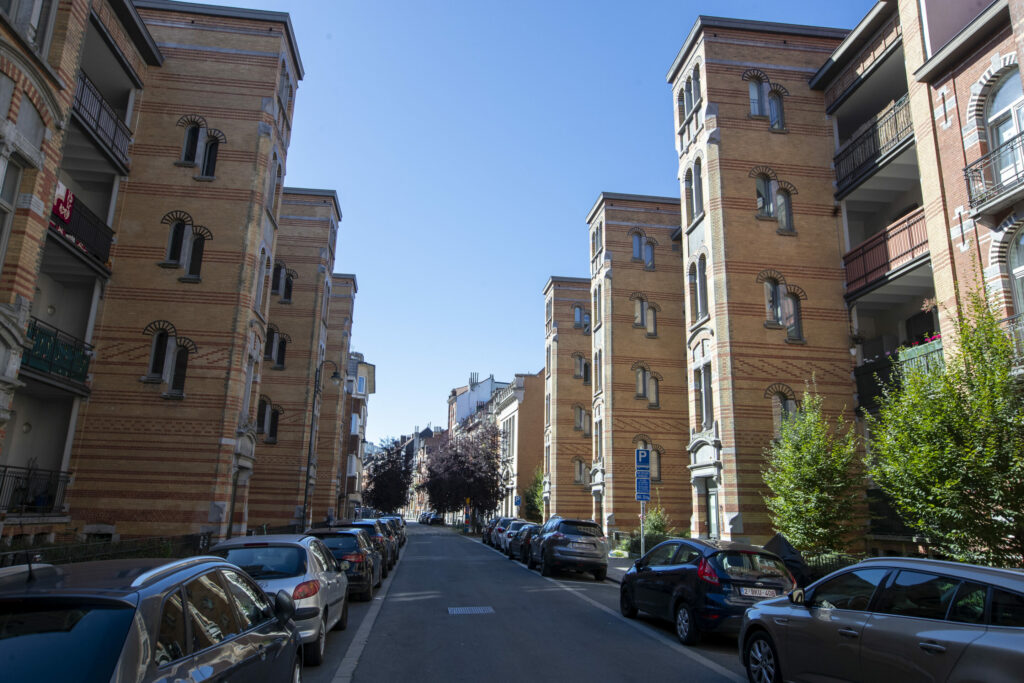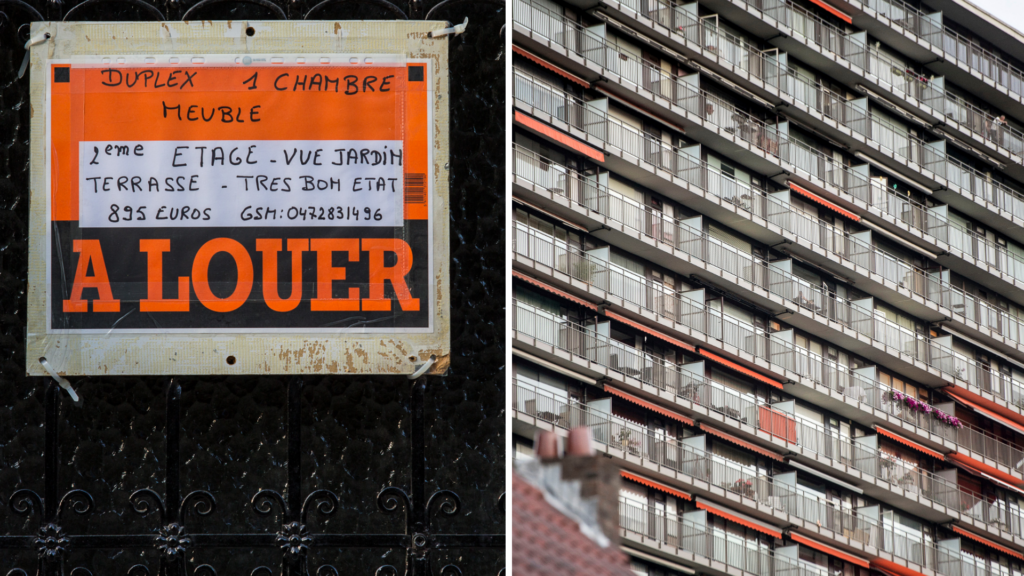Landlords and tenants in Brussels are subject to new rules that will strengthen vulnerable people's right to housing in the region. From the ban on pets and a cap for deposits to water and fire damage insurance, here's what changes.
Before the summer, the outgoing Brussels regional government decided to amend the Brussels Housing Code through the ‘ordinance rent contract' included in all leases for rental properties. The changes came into force on 1 November.
The aim is to guarantee the right to housing in the region. "These changes are intended to remove obstacles that prevent access to decent, affordable and sustainable housing," the government said in a statement. Here's what you should know.
Deposits
The rental deposit or security deposit, which covers unpaid rent or damage caused by the tenant while staying in a property, can no longer exceed two months' rent (excluding charges). Some landlords in Brussels would demand a rent guarantee worth three months' rent, which for many tenants is difficult to pay. This can no longer be done.
Furthermore, deposits can no longer be asked for in cash. If a tenant does pay in cash, the landlord must deposit it in an designated and separate account. This avoids disputes over proof of payment. Landlords must repay the deposit no more than two months after tenants leave the property, unless there is a dispute. Failure to do so will result in the landlord having to pay the tenant a penalty worth 10% of the deposit. This will be multiplied by the number of months of delay.
The rent and monthly charges must also be deposited or transferred into a bank account whose details are written into the lease. It is still possible for vulnerable tenants without their own bank account to make cash payments into that account through the post office or bank branch.
Prohibiting pets and registering at the address
Leases can no longer impose a blanket ban on pets, meaning landlords cannot refuse tenants with a dog or a cat.
However, leases can require that "companion animals" cause no nuisance and are not aggressive. Landlords can intervene if they receive complaints from neighbours about this. The number of pets must also be "acceptable".

Credit: Paul Hanaoka for Unsplash
Leases can no longer prohibit the tenant from registering at the rental property (referred to as "domiciling" in Belgium). This means tenants can always register their address at the commune.
Short-term lease and evictions
One of the main changes is to the duration of short-term leases (three years or less). These can now only be renewed once with the same tenant.
If both the landlord and tenant decide to renew the lease after renewing it once, the contract converts to a nine-year term, counting from the date on which the original short-term lease took effect, at the end of the first extension (or after the second year).
A landlord with a tenant whose short-term lease is nearing its renewal must give three months' notice before the end of this renewal to avoid converting the lease into a long-term lease. Tenants can terminate this nine-year lease without providing a reason but they must observe a three-month notice period.
Meanwhile, if a landlord gives three months' notice asking the tenant to move out, the tenant can make a one-month counter-notice without having to pay compensation. Landlords now face heavy penalties for "illegally evicting" tenants. This prevents them from evicting tenants who have not paid rent for months unless they have the necessary order from the government or the court.
Landlords that persist in evicting tenants risk having to pay damages of up to 18 months' rent to the tenant. A landlord who intentionally and unlawfully obstructs access to the property must also compensate the tenant with up to 18 months' rent.
Rent increases
Landlords can no longer raise rents on top of indexation. Any rent increase except indexation remains prohibited between two short-term leases.
From now on, each lease must state the rent paid by the previous tenant. Failure to do so could lead to a fine of up to €200.

A rent increase is possible after renovation works that improve the energy performance of the property. Credit: Belga/ James Arthur Gekiere
If a landlord does want to increase the rent, they must present the tenant with a long-term lease (nine years). This will give tenants more security.
However, the ordinance does allow rent to be increased after renovation works that improve the property's energy performance, provided that the rent increase is proportional to the costs incurred and the energy savings for the tenant.
Protection against slumlords
The new rules also better protect against landlords who rent out poorly maintained or unhygienic properties. If a tenant complains to the Housing Inspectorate, the landlord can no longer terminate the lease in retaliation.
If the municipality ends up having to relocate the residents of a non-compliant property due to its poor condition, the tenant can recover the costs incurred from the landlord.
Landlords of properties that do not meet the safety, health and equipment requirements will be penalised. Landlords who are unsure if their premises meet these standards can ask the Regional Inspectorate to issue a certificate of compliance (‘conformity check certificate’) before they let the property. Previously, this could only be requested if the property was declared unsuitable.

A social housing project, in Brussels on Sunday 20 August 2023. Credit: Belga
Fire and water damage
Tenants must now take out insurance against fire and water damage before moving into a property. They must provide proof of payment of premiums each year, unless otherwise agreed by the parties.
After all, it is not the landlord but the tenant who is liable for fire and water damage, unless the tenant can prove that the damage occurred through no fault of their own. These changes align the Brussels region with Wallonia and Flanders.
Rent reduction for families
Finally, a family with at least two dependent children renting a property in Belgium is eligible for a discount on rent through a procedure that involves their landlord and the tax authorities.
The tenant must request the family discount on property tax via the owner or landlord, who has to apply in the name of the family. The landlord must then pay the discount amount to the tenant, or reduce the rent by the amount saved.

Aerial view of Brussels, Wednesday 16 December 2020. Credit: Belga / Laurie Dieffembacq
Welcome changes or market collapse?
The amendments relating to the pre-contractual phase and the contract itself apply to leases concluded or renewed on or after 1 November 2024. All other changes apply to all current residential leases.
The new rules were welcomed by the French-speaking Tenants' Union, which told Bruzz that it was particularly pleased with the measure on mandatory bank accounts, as many tenants were being forced to pay cash. The restriction on consecutive short leases is also welcomed, as short-term contracts create uncertainty for tenants and are used to increase rent.
But landlords were less enthusiastic about the changes. The National Owners and Co-owners Syndicate (NEMS) argued that short-term contracts in premises with multiple tenants give landlords them more control if certain tenants cause a nuisance. It also criticised the limits on evictions, arguing that this opens the door to tenants pushing their landlord to take this step, and then risk having to pay the compensation of 18 months' rent.
The organisation argued that on top of the next government's proposal to increase tax on landlords and impose stricter insulation and energy performance standards for rental properties, these measures will restrict investment and negatively impact the Brussels rental market.
These changes come at a time when the OECD has warned that a lack of funding and incentives for investors and an overly-complex permit system that is crippling supply, are all feeding an "acute housing crisis". Meanwhile, a recent KBC report showed that one in three Brussels landlords want to sell up – a figure that is 10 percentage points higher than the Belgian average. Landlords cited reasons such as mounting legal obligations, renovation costs and annual charges.
But the Tenants' Union was sceptical that the changes will do the damage that landlords claim, noting that doomsaying about a market collapse is the common response to better rental protections.

